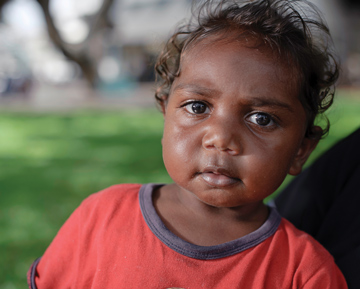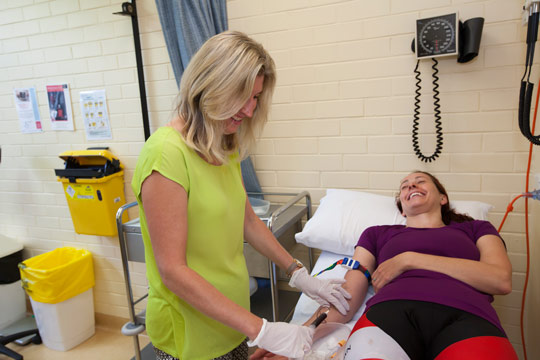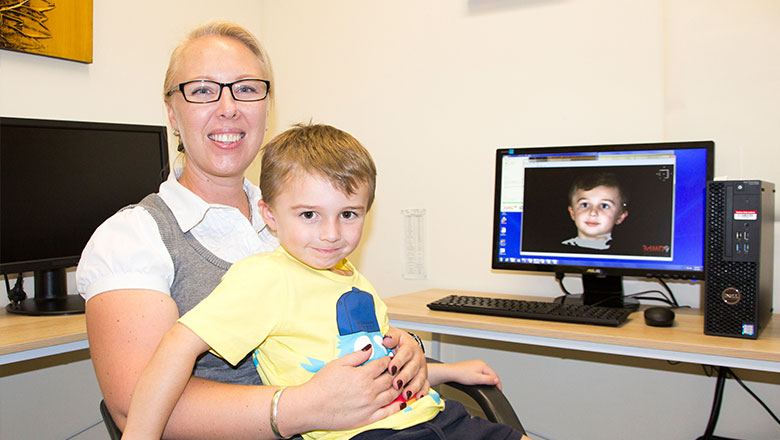Search

News & Events
Getting kids into gear for learningResearchers from The Kids Research Institute Australia are running a school program designed to help children adjust their levels of alertness and attention in class.

News & Events
The Kids Kimberley: Researchers and communities working togetherIn 2016, with enabling donations from Denby Roberts, Stan Perron, Wesfarmers and Centurion, the Institute established a permanent presence in the Kimberley.

News & Events
Meningococcal research paves way for vaccine useA series of The Kids Research Institute Australia studies looking at safety for Meningococcal ACWY vaccines in children has led the way for its use in Australia.

News & Events
Decades of bullying research pays offProfessor Donna Cross and her team at The Kids Research Institute Australia have challenged and overturned damaging attitudes that saw bullying tolerated in childhood.

News & Events
Mothers learning to FeedsafeA new phone app developed by The Kids Research Institute Australia researcher Dr Roslyn Giglia is helping mothers change the way they approach alcohol and breastfeeding.

News & Events
Midwives join fight against FASDStrong support and high demand has led to the early release of an Institute-developed learning package designed to empower midwives to tackle FASD.

News & Events
Kids who attend playgroup do better at schoolNew research by The Kids Research Institute Australia has found children who attend playgroups achieve better early primary school outcomes.

News & Events
The Kids Research Institute Australia and Alleasing sign agreement worth up to $12.0 millionThe Kids Research Institute Australia has signed a three-year extendable strategic supply partnership with leading asset finance and leasing solutions provider Alleasing.

News & Events
Child development census shows most kids are on trackThe national report released today from the Australian Early Development Census (AEDC) shows that in 2015, most children in Australia were on track.

News & Events
3D face scanner could improve early diagnosis for kids with autismCan you see signs of autism in a child's facial features? Telethon Kids researchers have acquired new face scanning technology to help answer this question.
